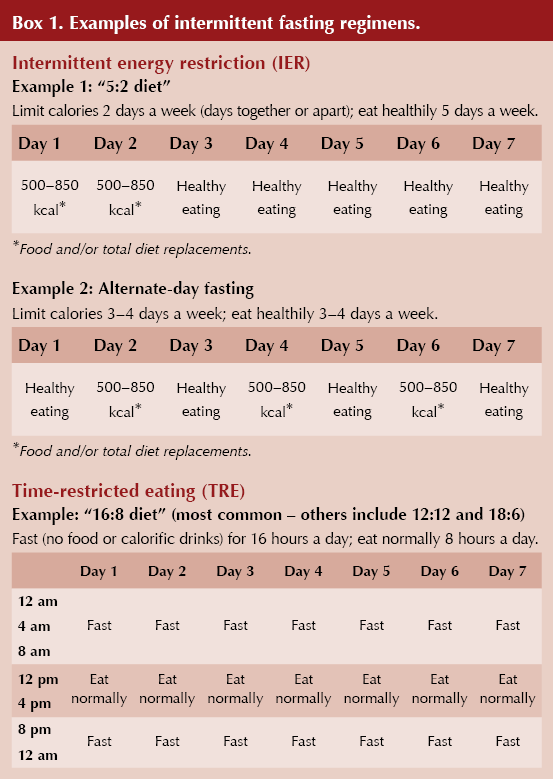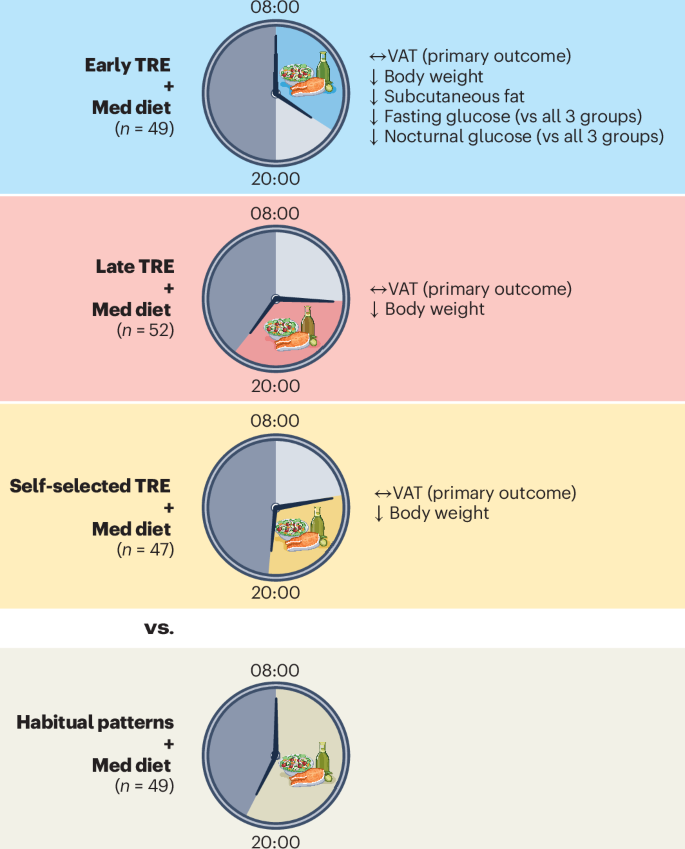Intermittent Fasting: An Overview

Intermittent fasting (IF) is an eating pattern that cycles between periods of eating and voluntary fasting on a regular schedule. It is not a diet that specifies which foods to eat but rather when you should eat them. Various intermittent fasting methods exist, each with different fasting and eating window durations.
Unlike traditional dieting, IF primarily focuses on the timing of meals. This approach can influence hormonal balance, cellular repair processes, and gene expression, potentially leading to various health benefits. However, it's crucial to understand the diverse IF protocols, potential risks, and recommended practices to ensure a safe and effective experience.
Common Intermittent Fasting Methods

Different IF methods have varying schedules, making it essential to choose one that fits your lifestyle and preferences. Here are some of the most popular methods:
- 16/8 Method: This involves fasting for 16 hours each day and restricting your eating window to 8 hours. For instance, you might eat between 12 pm and 8 pm and then fast until noon the next day.
- 5:2 Diet: Involves eating regularly for five days of the week and restricting your calorie intake to around 500-600 calories on the remaining two non-consecutive days.
- Eat-Stop-Eat: This method involves fasting for 24 hours once or twice a week. For example, you might eat dinner one day and then not eat again until dinner the following day.
- Alternate-Day Fasting: This involves alternating between days of regular eating and days of very low-calorie intake (around 500 calories) or complete fasting.
- Warrior Diet: Eating small amounts of raw fruits and vegetables during the day and consuming one large meal at night within a 4-hour eating window.
Potential Health Benefits of Intermittent Fasting

Research suggests that intermittent fasting may offer several potential health benefits. However, it's important to note that more research is needed to fully understand the long-term effects and suitability for all individuals.
- Weight Management: IF can help create a calorie deficit, leading to weight loss. It may also improve hormone function to facilitate fat burning.
- Improved Insulin Sensitivity: IF may enhance insulin sensitivity, which can help regulate blood sugar levels. This may be particularly beneficial for individuals at risk of type 2 diabetes.
- Cellular Repair: During fasting periods, the body initiates cellular repair processes such as autophagy, which involves removing damaged or dysfunctional cells.
- Brain Health: Some studies suggest that IF may promote brain health by increasing the production of brain-derived neurotrophic factor (BDNF), a protein that supports brain cell survival and growth.
- Heart Health: IF may positively influence heart health by improving blood pressure, cholesterol levels, and other cardiovascular risk factors. However, more research is needed to confirm these effects.
Potential Risks and Considerations
While intermittent fasting can be beneficial for some, it's not suitable for everyone. It's essential to be aware of the potential risks and considerations before starting an IF regimen.
- Nutrient Deficiencies: If not planned carefully, IF can lead to nutrient deficiencies due to reduced eating opportunities. Ensuring a balanced and nutrient-dense diet during eating windows is crucial.
- Muscle Loss: Prolonged fasting can potentially lead to muscle loss, particularly if protein intake is insufficient. Strength training and adequate protein consumption are important for preserving muscle mass.
- Fatigue and Weakness: Some individuals may experience fatigue, weakness, and dizziness, especially during the initial stages of IF as their bodies adapt to the new eating pattern.
- Digestive Issues: IF can sometimes lead to digestive issues such as constipation or bloating due to changes in eating habits and meal timing.
- Hormonal Imbalances: In some individuals, especially women, IF may disrupt hormonal balance, potentially affecting menstrual cycles and fertility. It's crucial to monitor your body's response and adjust your approach if needed.
Individuals who should avoid intermittent fasting include: pregnant or breastfeeding women, individuals with a history of eating disorders, those with type 1 diabetes, and people taking certain medications. Consult with your healthcare provider before starting any new dietary regimen, including intermittent fasting.
Best Practices for Intermittent Fasting
To maximize the benefits and minimize the risks of intermittent fasting, consider the following best practices:
- Start Slowly: Begin with a shorter fasting window and gradually increase the duration as your body adapts. For example, start with a 12-hour fasting window and gradually increase it to 16 hours.
- Stay Hydrated: Drink plenty of water throughout the day, especially during fasting periods, to stay hydrated and prevent dehydration.
- Eat Nutrient-Dense Foods: Focus on consuming whole, unprocessed foods during your eating windows to ensure you're getting adequate nutrients.
- Prioritize Protein: Include adequate protein in your diet to help preserve muscle mass and support overall health.
- Listen to Your Body: Pay attention to how your body responds to IF and adjust your approach accordingly. If you experience negative side effects, such as excessive fatigue or hormonal imbalances, consider modifying your fasting schedule or stopping altogether.
- Maintain Electrolyte Balance: During extended fasting periods, consider supplementing with electrolytes like sodium, potassium, and magnesium to prevent imbalances.
- Combine with Exercise: Combine intermittent fasting with regular exercise, including both cardiovascular and strength training, to optimize weight loss and improve overall health.
- Consult a Healthcare Professional: Before starting intermittent fasting, consult with a healthcare professional or registered dietitian, especially if you have any underlying health conditions or are taking medications.
Tips for Managing Hunger During Fasting Periods
Managing hunger during fasting periods is crucial for adhering to your IF schedule. Here are some tips to help you stay on track:
- Drink Plenty of Water: Water can help fill you up and reduce hunger pangs.
- Consume Calorie-Free Beverages: Black coffee, tea, and unsweetened herbal teas can help suppress appetite without breaking your fast.
- Stay Busy: Engaging in activities that distract you from hunger, such as reading, working, or spending time with friends and family, can be helpful.
- Get Enough Sleep: Lack of sleep can increase hunger and cravings, so prioritize getting adequate sleep each night.
- Listen to Your Body: If you're feeling excessively hungry or experiencing negative side effects, it's okay to break your fast and adjust your approach.

Comments
Post a Comment